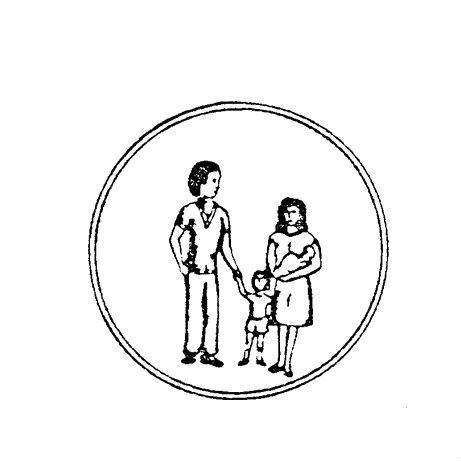

| 31 March 2016
Dominica Planned Parenthood Association
Founded in 1976, the Dominica Planned Parenthood Association (DPPA) focused on providing information and education to support the government’s clinical service delivery programme in its early years. It began delivering contraceptive services in response to the significant contraceptive needs of Dominicans (particularly among teenagers), and the staffing constraints of the government programme. As a result, people could be sure of at least one inexpensive, private outlet where their family planning needs could be fully met. DPPA’s clinic is located the centre of the capital city and provides a range of services including family planning, pregnancy tests, family counselling and PAP smear screening. There’s an established community outreach programme which provides family planning through volunteers and shop owners, and an extensive programme of information and education activities. These include distributing pamphlets and posters, broadcasting short talks about family planning on radio and television and conducting community discussions. The negative effects of Dominca’s high adolescent pregnancy rate are aggravated by local practices that force pregnant girls to drop out of school permanently. To reach young people, DPPA provides sexuality and life skills education in secondary schools and to adolescents outside the school system through rap sessions, lectures, discussions and films. DPPA has also established an Under 20 Club, a teen group that trains its members as peer educators. BFLA is an associate of an umbrella organization known as the Caribbean Family Planning Affiliation Ltd (CFPA). The Caribbean Family Planning Affiliation (CFPA) is the only regional non-governmental organization (NGO) devoted to family planning and sexual and reproductive health in the Caribbean. CFPA serves 13 island Member Associations and 5 Associate Member Associations in the Caribbean, Central and South America. It supports these Associations with technical assistance and materials, and represents their collective interests at IPPF meetings and in the Caribbean region among governments and NGOs. CFPA Member Associations are located in Anguilla, Antigua, Aruba, Bahamas, Bermuda, Curacao, Dominica, Grenada, Guadeloupe, Martinique, Nevis and St. Kitts, St. Lucia and St. Vincent. CFPA Associate Member Associations are located in Belize, Barbados, Guyana, Jamaica, Suriname, and Trinidad and Tobago. The CFPA does not offer any clinical services or distribute family planning methods to clients, but rather focuses its work on governance and institution-building among its Member Associations. The CFPA oversees, manages and analyses core grants to 7 Caribbean Member Associations. The CFPA also submits project proposals for donor funding on behalf of the Associations. DPPA's Facebook page: https://www.facebook.com/Dominica-Planned-Parenthood-Association-154855487890859/

| 31 March 2016
Fianakaviana Sambatra - Madagascar Association
Relative to much of Africa, Madagascar has high levels of contraceptive use, but high birth rates coupled with endemic poverty and limited government-led sexual and reproductive health (SRH) provision mean that child mortality and maternal death figures are high. Fianakaviana Sambatra (FISA) has been fighting since 1967 to improve the nation’s SRH through advocacy, education and direct service provision. Currently, it runs 67 service points, including: 11 permanent clinics, 3 mobile units and 12 community-based services (CBSs), across 6 of the country’s regions. FISA works with 5 associated clinics and 29 private practitioners. FISA has 70 full-time staff, 184 peer educators, and a youth action movement made up of 42 members. FISA delivers a wide range of services: family planning, prevention and management of HIV and AIDS and the provision and dissemination of comprehensive SRH materials. FISA has used its on-the-ground experience to advise government on national SRH policy. It has partnered with the Ministry of Health, Family Planning and Social Protection, and the Ministry of Youth to advocate for a concerted approach to resolving the critical SRH issues currently facing the country. At the same time, it works with non-governmental organizations (NGOs) such as Marie Stopes International, and the ASSONG coalition of NGOs. FISA receives financial support from UNFPA, the Big Lottery Fund, Amélioration de la Qualité De Services, the EU and IPPF’s Japan Trust Fund. It’s also closely connected to other organizations promoting SRH rights across the country and the region.







